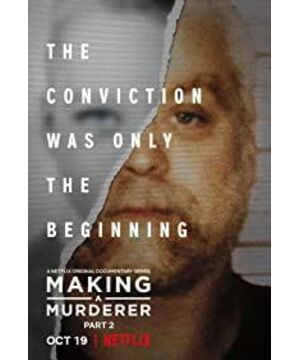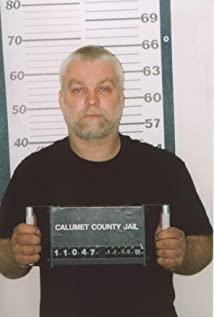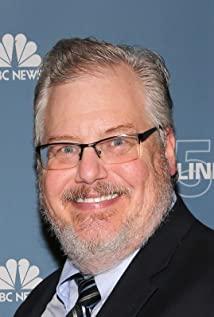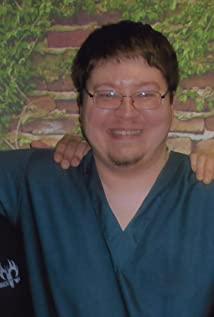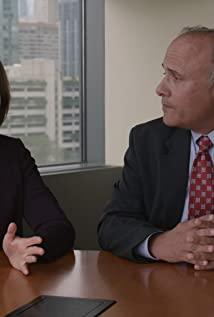As a documentary series with a time span of 17 years, the countless characters and details involved are unimaginable, but we can see from "Making a Murderer" that directors Laura Ricciardi and Moira Demos are I hope how to tell this story with intertwined roots and climaxes.
In the first episode, which is the beginning of the story, the director simply and neatly explains the story's protagonist, Steven Avery, and his unheard of experience - 18 years in prison due to the malfeasance and negligence of the Manitowoc County Sheriff's Department. So what should the remaining nine episodes be about? It planted suspense and hooked our attraction firmly.
Perhaps one of the biggest difficulties for the show is the long time span and countless characters and dossier copy. Stop-motion photography, title cards, video footage, interview narration, and other common techniques in documentaries seem to solve these problems very well. The entanglement between Steven Avery and the Manitowoc County government department, which was revealed from the first episode, led to the entire narrative chain of "Making a Murderer". Directors Laura Ricciardi and Moira Demos create a lot of detours through subtle editing, whether it's a thoughtful case reasoning or a complex interpersonal relationship. This not only ambushes the plot that will be explained in the next film, but also stimulates our curiosity and guides us to follow these detours to trace more information in an attempt to understand the truth behind it.
Although "no matter how balanced and neutral a documentary pursues its expression, it cannot avoid subjectivity", the director's choice of information and materials in the case, as well as the style of the shots, the tone of the interviewee, and even the format of the positive evidence It will affect our understanding of the facts to some extent. But the greatest strength of a documentary is that it is based on fact, not fiction.
It's as if every time the camera is on Steven Avery's aging parents, on those two faces that are tortured by years and injustice, watching the parents who have been avenging Steven Avery for most of their lives grow old in each episode, watching When judicial bureaucrats and law enforcement officers use improper means time and time again to achieve their goals, our hearts are mixed. We may not believe in Steven Avery's innocence, but at this time, we believe in this documentary.
Sheila Curran Bernard said: "A documentary should do more than just kill people's time. It should call on the audience to be actively involved and inspire them to think about what they know and how they know it. , and what more they might want to know." So far, all of Steven Avery's appeals have been exhausted, and while 130,000 people have petitioned the White House for President Obama to pardon Steven Avery, the U.S. Constitution regrets that The president does not have this right, only the governors of the states have the power to pardon prisoners, and the governor of Wisconsin has issued a statement denying it. But the good news is that a lawyer named Kathleen Zellner took the case of Steven Avery, who has the best record of exoneration in the country. 17 people have been successfully exonerated before Steven Avery. Kathleen Zellner, who had recently traveled to the prison to meet with Steven Avery, reviewed 38 boxes of the documents involved, and tweeted that she was convinced that Steven Avery was falsely accused. The story is not over, the truth has not yet come.
The deceased can no longer speak, and the judge and the jury play the role of God, trying to decide for the deceased. But in a judicial system that lacks humanity and so-called fairness, this bizarre and bizarre true story has us trapped in a deeply skeptical and moral predicament. Faced with all this, our hearts are extremely complicated. Like Dean Strang, Steven Avery's attorney at the end of the credits, "To this day (ten years after the crime), I'd rather think that Steven is guilty, or if he's really innocent, thinking about his time in prison, for something he's never had. What I haven't done really makes me feel very broken and scared."
Maybe truth is like poetry, but most people hate poetry.
View more about Making a Murderer reviews


